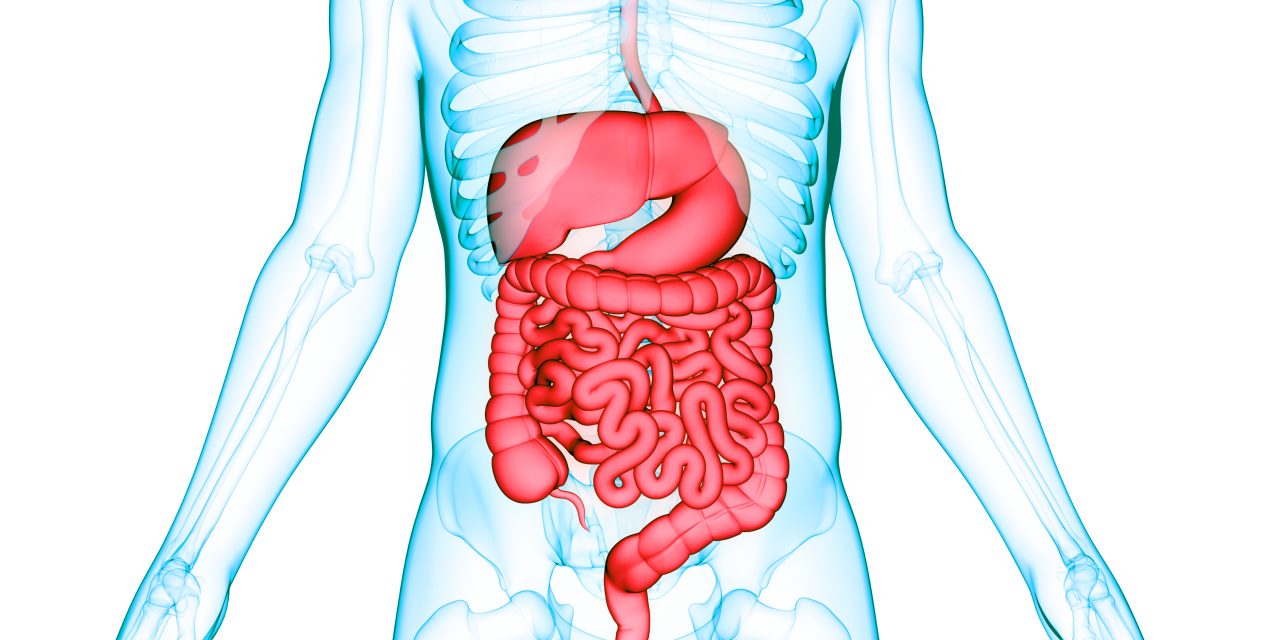For a study, it was determined that microbial molecular hydrogen (H2) cycling was critical for metabolic equilibrium and microbial composition in the human gastrointestinal system. Sulfate-reduction, acetogenesis, and methanogenesis were the primary reoxidation pathways for molecular H2, created as a byproduct of carbohydrate fermentation. However, the enzymatic foundation for these reactions was still unknown, and the hydrogenases involved have yet to be identified. To infer dominant H2 cycling mechanisms, the researchers investigated the genomic and metagenomic distribution of hydrogenase-encoding genes in the human colon. According to the findings, 70% of the gastrointestinal microbial species described in the Human Microbiome Project have the genetic potential to metabolize H2. Anaerobically adapted hydrogenases were found in abundance, with [FeFe]-hydrogenases dominating. The researchers then looked at the hydrogenase gene content in stools from 20 healthy people. Fermentative and electron-bifurcating [FeFe]-hydrogenases were emerging from Bacteroidetes, and Firmicutes dominated the hydrogenase gene content of all samples. The researchers found Fermentative H2 generation and interspecies H2 transfer drive H2 metabolism in the human gut. It does, however, suggest that electron-bifurcation, rather than respiration, the primary process of H2 reoxidation in the human colon, resulted in less ferredoxin to support carbon fixation (e.g., acetogenesis) and respiration (via the Rnf complex). The researchers determined to provide a complete bioinformatic understanding of H2 metabolism in the human colon.
Link:www.tandfonline.com/doi/full/10.1080/19490976.2016.1182288


